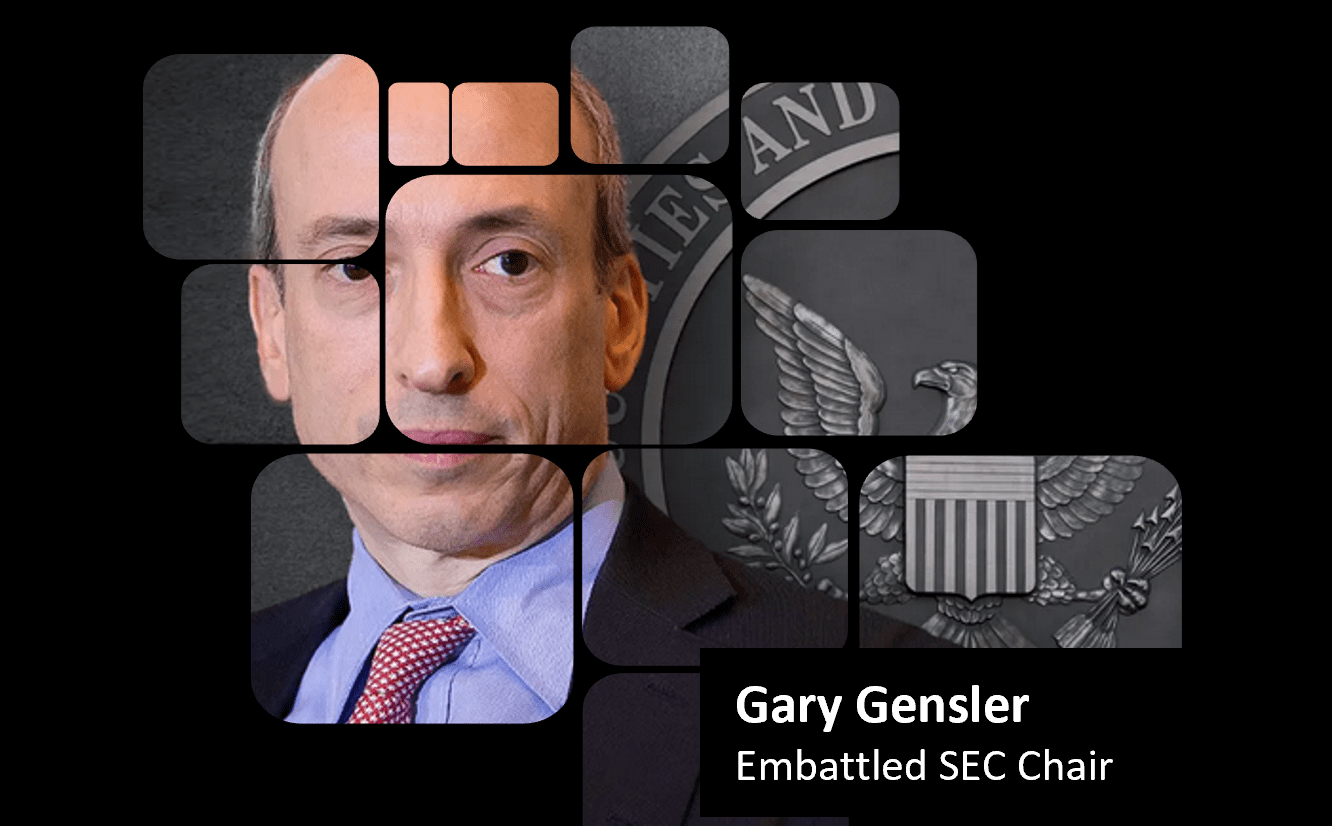The U.S. Senate has passed a resolution aimed at overturning the U.S. Securities and Exchange Commission’s (SEC) Staff Accounting Bulletin 121 (SAB 121). This bulletin establishes specific accounting standards for firms that custody cryptocurrencies, mandating that firms holding cryptos on behalf of customers record these holdings as liabilities on their balance sheets. The resolution, passed with a 60-38 vote, now moves to President Joe Biden‘s desk, where it is expected to be vetoed.
Legislative Developments
Critics of the Bulletin argue this requirement could deter banks and financial institutions from offering custodial services for digital assets due to the added liabilities. They contend that it should have gone through the SEC’s rulemaking process instead of being issued as guidance, which involves less public input.
The Senate’s vote follows a similar resolution passed by the House of Representatives, which saw a vote of 228-182, primarily supported by Republicans along with 21 Democrats. Despite bipartisan support, both chambers lack the two-thirds majority needed to override an anticipated presidential veto.
Several key Democrats, including Senate Majority Leader Chuck Schumer and Senators Cory Booker and Jon Tester, supported the resolution. However, prominent figures like Senator Elizabeth Warren opposed it, emphasizing the unique risks associated with cryptocurrencies and the necessity for transparent financial disclosures.
Potential Consequences
If President Biden vetoes the resolution, as expected, SAB 121 will remain in effect. The Biden administration has expressed that revoking the bulletin would undermine the SEC’s ability to maintain a robust regulatory framework for crypto-assets, potentially leading to financial instability and market uncertainty.
The controversy around SAB 121 has highlighted a broader debate on the regulation of cryptocurrencies in the U.S. Cody Carbone, Vice President of Policy at the Chamber of Digital Commerce, criticized the administration’s stance, arguing that investor protection should not be compromised by regulatory overreach.
Implications for the Crypto Industry
The resolution’s passage, despite the likely veto, signals growing legislative interest in the regulation of cryptocurrencies. The outcome may influence future regulatory approaches and legislative actions concerning the crypto market. Ron Hammond, Director of Government Relations at the Blockchain Association, noted that this debate has galvanized grassroots and industry engagement, indicating a significant constituency concerned with crypto regulation.
As the crypto market evolves, the balance between regulatory oversight and fostering innovation remains a critical issue. The ongoing discussions and legislative actions will shape the future of cryptocurrency regulation in the U.S., impacting how digital assets are integrated into the broader financial system.
Conclusion
The U.S. Senate’s resolution to overturn the SEC’s SAB 121 underscores the contentious nature of crypto regulation. While a presidential veto seems imminent, the debate highlights the challenges and opportunities in regulating a rapidly evolving industry. The crypto community and regulators alike will be closely watching the next steps in this significant regulatory saga.





